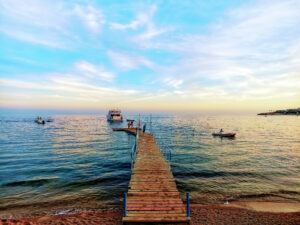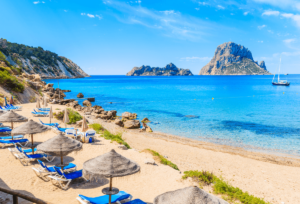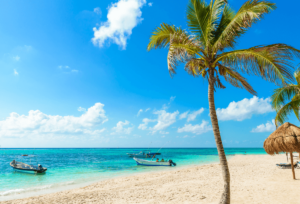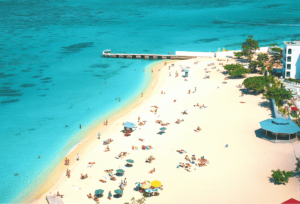Less than four hours from London, All Inclusive hotels in Marrakech is a destination that couldn’t be more different from our drizzly winter streets. It’s still warm during the day in the winter months, and for shopping, the souks (markets) in the medinas can’t be beaten for unusual, often hand-made goods at reasonable prices.
Beauty Products
Argan oil, the latest wonder product to hit UK shelves, is available in many Marrakech shops. It’s used by Moroccans for cooking, but its uses in beauty range from nourishing hair masks to a real treat for the skin. Likewise, rosewater is viewed as a cooking ingredient for fragrant desserts, but can also be used as gentle skin refresher. Because it is safe to eat, the rosewater you’ll find here is generally pure and unadulterated with preservatives or other additives.
While you’re in the city, relax in a hamman (Turkish baths) and don’t forget to take home some of the products they’ll use on you: “black soap” (not always strictly black, but made from cocoa, shea, and palm), natural sponges and alum stone, a natural deodorant. You can also buy ghassoul, a mud mask for hair and skin.
Clothes
Morocco is a Muslim country, and, while there are no consequences for dressing wrongly (foreigners are often given a bit of wiggle room), it’s best to dress more conservatively than you’re likely used to dressing at home. That means covering shoulders, and at least knee length shorts or skirts.
Shopping-wise, the markets are full of great leather bags, purses and slippers in all the colours of the rainbow, and woven shopping baskets are sturdy, chic, and now come in sequined varieties. Haggling is a source of stress for a lot of travellers, but once you get the hang of it—mainly, keep smiling and be patient—it can actually be quite a bit of fun, and a great way to get chatting with locals.
For something a bit more upmarket, visit boutiques where you can find velvet kaftans, loose silk trousers, and delicate jewelled sandals. You can also pick up some pretty cool vintage clothes in the shops here.
Food
There are piles of fresh spices in the medina, and, as already mentioned, argan oil for the perfect cous cous and high quality rosewater to make desserts.
When you get hungry, street food is delicious, and cheap. Pastries only cost pennies here, and there are many stalls offering spiced meats, couscous, tagines (slow-cooked stews in a traditional conical crock) and cooked vegetable salads.
Mint tea is the drink of choice, heavily sweetened. “Gunpowder” tea (a type of green tea) is the usual alternative, usually served with a sprig or two of mint added.
Homewares
The artisans of Morocco make beautiful handmade items for your home. Often trained over generations, these experts may have permanent stalls in the market selling beautiful copperware, ceramics, mirrors, lanterns and furniture.
Heavy ceramics are often hand-painted, usually in traditional designs, and range from plates, bowls, and ashtrays to tagines for cooking like a local once you get home. They are sometimes finished with real silver inlays or edges. Traditional hand-painted and glazed tiles are also worth picking up.
Copper is skillfully fashioned into everything from teapots to tables to gorgeous pierced lamps. Small wooden tables and intricate room dividers are fashioned with an eye for detail, and if you’ve enjoyed your mint tea, take home a tea set of a copper or silver teapot and set of matching tea glasses.






